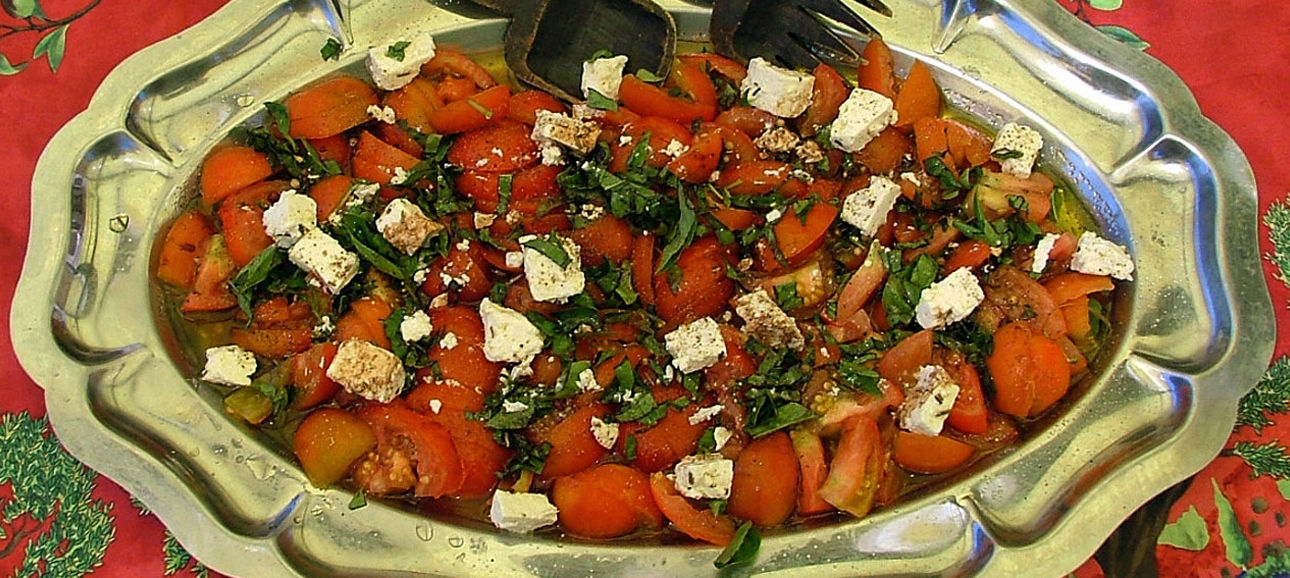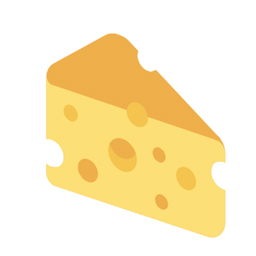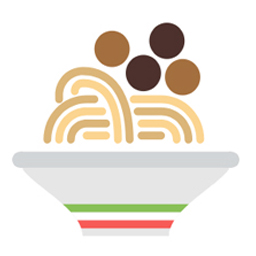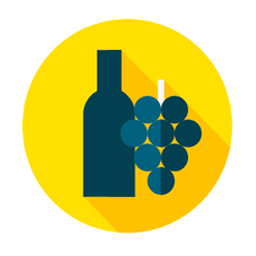 Corsican Food And Drinks
Corsican Food And Drinks
With a rich and diverse gastronomy, Corsican food is often called “du terroir” in French which denotes to something produced locally.
Thanks to Corsican style farming which emphasizes on peasant tradition rather than industrial or factory methods, most of the food that is sold direct are organic.
Meat And Charcuterie

In an artisanal process the charcuterie products are produced.
Milk from goats and sheep and veal from cows are produced at the free-range poultries which are intensively farmed. In an artisanal process the charcuterie products are produced.
Pork loin or Lonzu, fatty Coppa, thinly sliced parma ham or Prizuttu and streaky bacon or Panzetta. Nothing complements charcuterie than eggs and you can also bake them in tart with potatoes.
Smoked pig liver sausages or Figatelli is best available during November through March when pigs are slaughtered traditionally.
Plan your visit in February to visit the Renno pig-killing fair and enjoy homemade charcuterie.
Corsican Cheese

The cheese is creamy, soft, vegetarian, ivory-colored and rich flavored.
In traditional methods, the sheep and goat milk from one herd is milked by the shepherd to produce farmhouse cheese.
The cheeses thus produced, are named according to the name of the maker or shepherd.
To taste the authentic and rich-in-taste cheese from Corsica, plan the trip during May to visit the Venaco Cheese Fair or in March for Brocciu Fair at Piana.
The cheese is creamy, soft, vegetarian, ivory-colored and rich flavored.
Niolu, Venacu, Bastelicaccia and Calinzana are the notable micro-regions offering mature cheese.
Other Food Options

The pastas are best tasted with aubergine caviar and Corsican Pesto.
Produced from Italian Semolina, the pastas bearing Corsican flavors have different varieties like Organettu, Isula, Cresta Rigate etc. Don’t miss out Strozzapretti accompanied by basil and garlic. The pastas are best tasted with aubergine caviar and Corsican Pesto.
The natural, wild and endemic flora of Corsica has favored the growth of the native bee which produces a particular strong honey divided into 6 classes namely Spring honey, Spring Maquis honey, Chestnut Grove honey, Autumn Maquis honey, Summer Maquis honey and Maquis Honies. Honey fairs take place in September at Murzo and in November at Bastelica.
Chestnut and Hazelnut are abundantly grown here and you will find varieties of them in chestnut fairs in November and December at Evisa and Bocagnano respectively and in Hazelnut fair in August.
Corsican clementines, citron used in mince pies and Christmas puddings, mushrooms and wild herbs like thyme, rosemary, mint and sage are also notable.
As for seafood, there are Anchovies, squids, scallops, oysters, rock lobsters, mussels, Dublin Bay prawns and fish varieties like leerfish, catfish, monkfish, bass, swordfish etc.
Wines, Beers And Spirits

Champagne lovers should try the sparkling Fratellenzana or the floral red wines.
The beneficial environment blessed with sea-breeze and mountains is perfect for growth of grapes in Ajaccio, Calvi, Figari, Coteaux du Cap Corse etc where the aperitif wine, rare sparkling muscats, light roses and traditional reds are famous. The Corsican Sciaccarellu with essence of coffee, red fruits, maqui flowers and spices is also a strong wine to look out for.
Champagne lovers should try the sparkling Fratellenzana or the floral red wines. Liquors like eau de vie de myrte and Liquore di Mele, Lemon aperitifs like Corsica Lemon and Limoncellu di Corsica, and fruit wines like Vin de pêche and vin de clémentine are famous.
 Corsican Food And Drinks
Corsican Food And Drinks